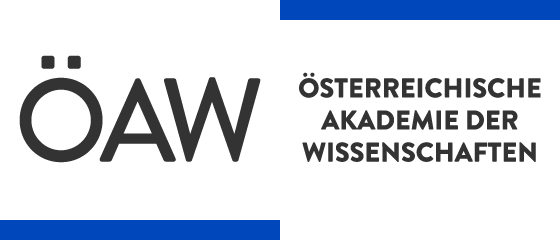Variation, Selection, Development : : Probing the Evolutionary Model of Language Change / / ed. by Regine Eckardt, Gerhard Jäger, Tonjes Veenstra.
Can language change be modelled as an evolutionary process? Can notions like variation, selection and competition be fruitfully applied to facts of language development? The present volume ties together various strands of linguistic research which can bring us towards an answer to these questions. I...
Saved in:
| Superior document: | Title is part of eBook package: De Gruyter DGBA Backlist Complete English Language 2000-2014 PART1 |
|---|---|
| MitwirkendeR: | |
| HerausgeberIn: | |
| Place / Publishing House: | Berlin ;, Boston : : De Gruyter Mouton, , [2008] ©2008 |
| Year of Publication: | 2008 |
| Language: | English |
| Series: | Trends in Linguistics. Studies and Monographs [TiLSM] ,
197 |
| Online Access: | |
| Physical Description: | 1 online resource (408 p.) |
| Tags: |
Add Tag
No Tags, Be the first to tag this record!
|
| Other title: | Frontmatter -- Contents -- Introduction -- Survey -- Language change as cultural evolution: Evolutionary -- approaches to language change -- Formal Approaches -- Language change as a source of word order -- correlations -- Evolutionary motivations for semantic -- universals -- Back to nature or nurture: Using computer models in -- creole genesis -- Forces in Language Change -- Economy of Merge and grammaticalization: Two steps -- in the evolution of language -- Prehistoric and posthistoric language in -- oblivion -- Grammaticalization, constructions and the -- incremental development of language: Suggestions from the development of -- Degree Modifiers in English -- Cognitive Foundations -- The two faces of creole grammar and their -- implications for the origin of complex language -- Functional similarities between bimanual -- coordination and topic/comment structure -- Inflectional morphology and universal grammar: post -- hoc versus propter hoc -- Why don’t apes point? -- Backmatter |
|---|---|
| Summary: | Can language change be modelled as an evolutionary process? Can notions like variation, selection and competition be fruitfully applied to facts of language development? The present volume ties together various strands of linguistic research which can bring us towards an answer to these questions. In one of the youngest and rapidly growing areas of linguistic research, mathematical models and simulations of competition based developments have been applied to instances of language change. By matching the predicted and observed developmental trends, researchers gauge existing models to the needs of linguistic applications and evaluate the fruitfulness of evolutionary models in linguistics. The present volume confronts these studies with more empirically-based studies in creolization and historical language change which bear on key concepts of evolutionary models. What does it mean for a linguistic construction to survive its competitors? How do the interacting factors in phases of creolization differ from those in ordinary language change, and how - consequently - might Creole languages differ structurally from older languages? Some of the authors, finally, also address the question how different aspects of our linguistic competence tie in with our more elementary cognitive capacities. The volume contains contributions by Brady Clark et al., Elly van Gelderen, Alain Kihm, Manfred Krifka, Wouter Kusters, Robert van Rooij, Anette Rosenbach, John McWhorter, Teresa Satterfield, Michael Tomasello and Elizabeth C. Traugott. The book brings together contributions from two areas of research: the study of language evolution by means of methods from artifical intelligence/artificial life (like computer simulations and analytic mathematical methods) on the one hand, and empirically oriented research from historical linguistics and creolisation studies that uses concepts from evolutionary theory as a heuristic tool in a qualitative way. The book is thus interesting for readers from both traditions because it supplies them with information about relevant ongoing research and useful methods and data from the other camp. |
| Format: | Mode of access: Internet via World Wide Web. |
| ISBN: | 9783110205398 9783110238570 9783110238457 9783110636970 9783110742961 9783110212129 9783110212136 9783110209457 |
| ISSN: | 1861-4302 ; |
| DOI: | 10.1515/9783110205398 |
| Access: | restricted access |
| Hierarchical level: | Monograph |
| Statement of Responsibility: | ed. by Regine Eckardt, Gerhard Jäger, Tonjes Veenstra. |
